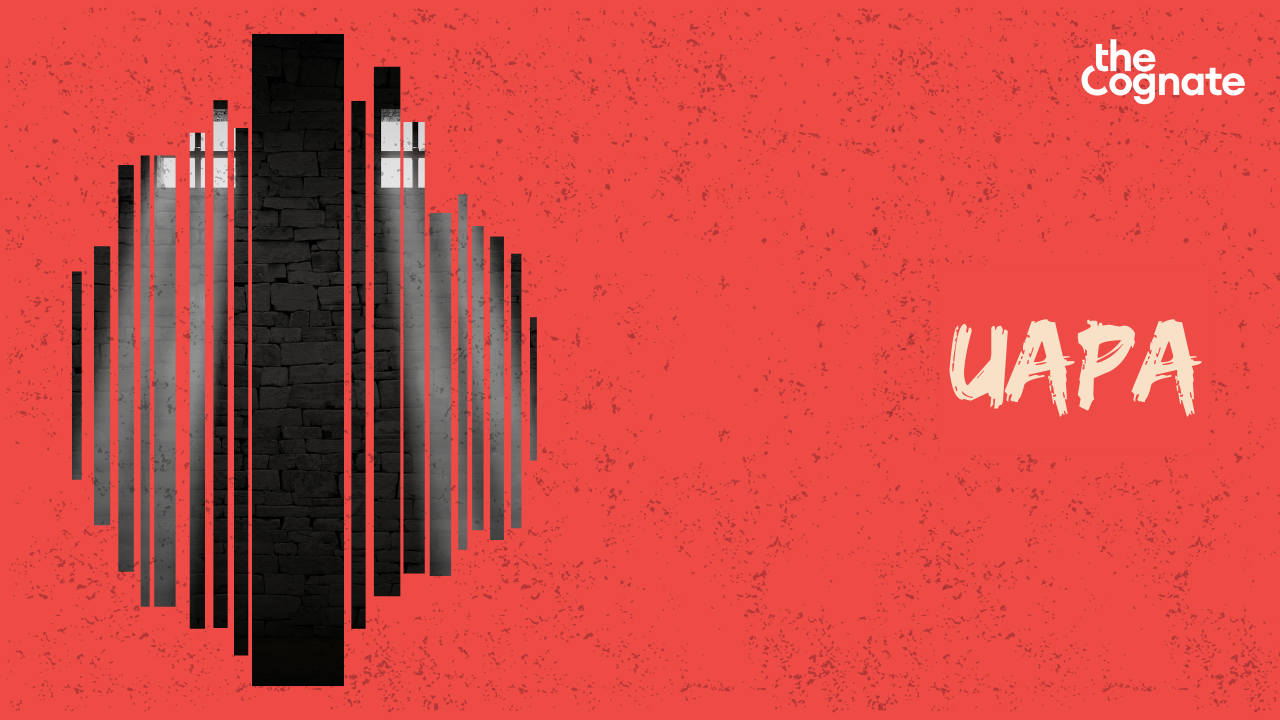More than 50% of those arrested under the draconian Unlawful Activities (Prevention) Act (UAPA) between 2018 and 2020 were under the age of 30, the Union Home Ministry (MHA) informed Lok Sabha on Tuesday, citing the National Crime Records Bureau (NCRB) data.
Of the 4,690 people arrested under UAPA, 2,501 or 53.32% were below 30 years, Minister of State for Home Nityanand Rai said in a written reply. He, however, said the data regarding the “number of arrested persons of specific age group of below 25 years” and information regarding custodial deaths of the persons in custody under the UAPA is not maintained by NCRB.
Uttar Pradesh Reports Most Arrests
Uttar Pradesh accounted for the highest number of arrests in India over the last three years, the data showed. As many as 931 or 69.5% of those arrested were under 30.
After Uttar Pradesh, Manipur was second on the list with 943 arrests made under the controversial law. Of the total number of those who were arrested, 499 were below the age of 30.
Jammu and Kashmir was third with 750 arrests under the legislation between 2018 and 2020. As many as 366 jailed people were under 30.
When asked by the members whether the government planned to amend the existing Act in the light of recent evidence about a large number of acquittals and for preventing the harassment of innocent people in the wake of misuse of UAPA, the MHA replied saying “presently no amendments in the UAPA are under consideration.”
What is UAPA?
The Unlawful Activities (Prevention) Act gives absolute power to the Centre, which can deem an activity as unlawful by way of an Official Gazette and declare it so. Under the law, investigative agencies get 180 days to probe a case, compared to 60 to 90 days under ordinary criminal law. This means an accused is eligible to apply for bail only after six months.
The Act has been used against activists, citizenship law protesters, and even a journalist on his way to cover the Hathras rape and murder.
Only 2.2% of cases registered under UAPA between the years 2016-2019 ended in convictions by courts, according to data presented by the Union Home Ministry in the Rajya Sabha early this year.
Related












































